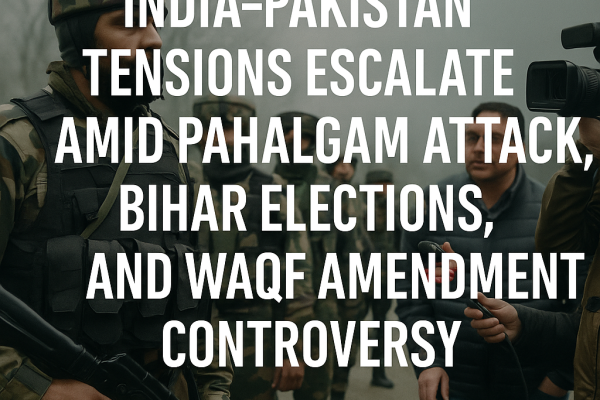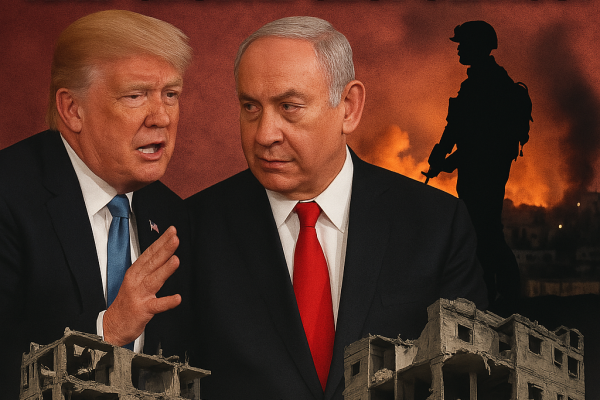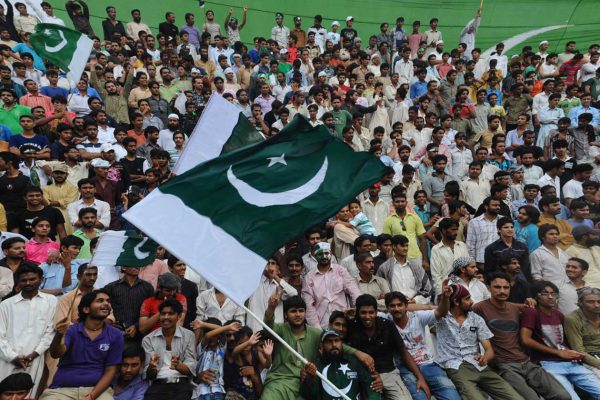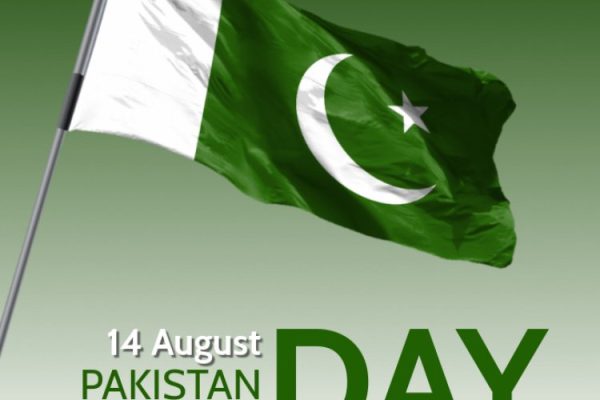
India-Pakistan Tensions Escalate Amid Pahalgam Attack, Bihar Elections, and Waqf Amendment Controversy
The recent Pahalgam attack has intensified India-Pakistan tensions, coinciding with the upcoming Bihar elections and the controversial Waqf (Amendment) Act, 2025. This article explores the multifaceted dynamics at play, including political strategies, security concerns, and the broader implications for regional stability and minority rights.















